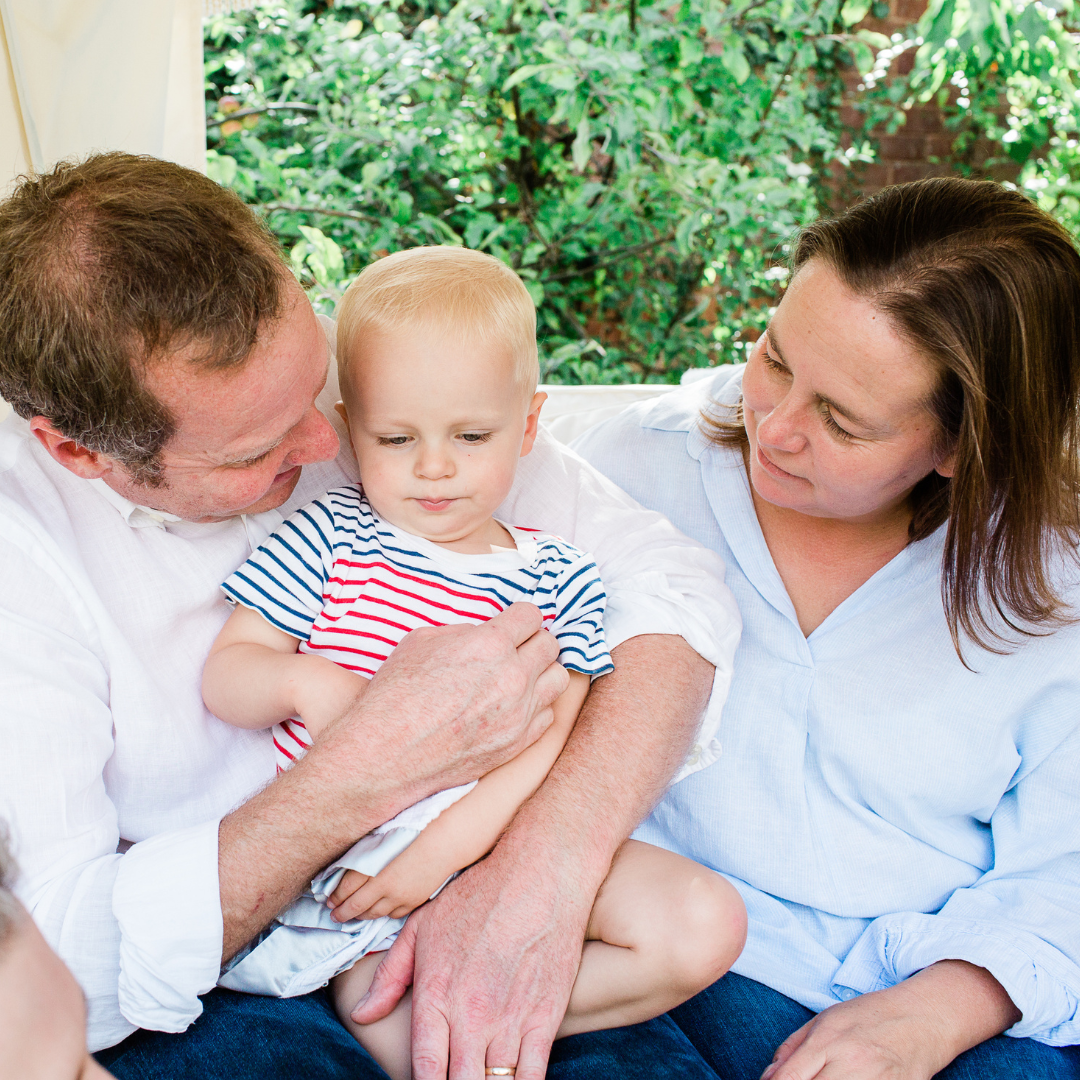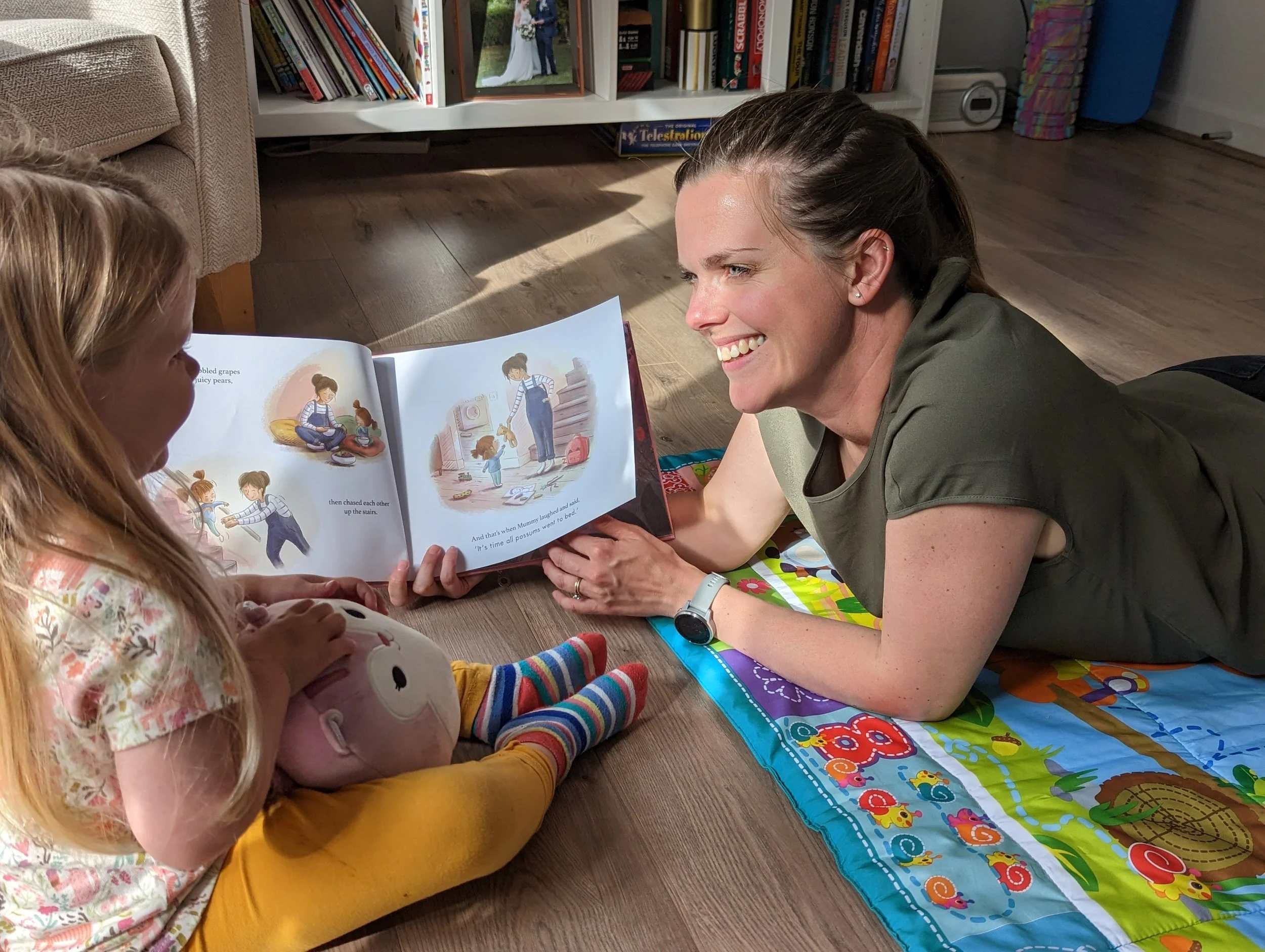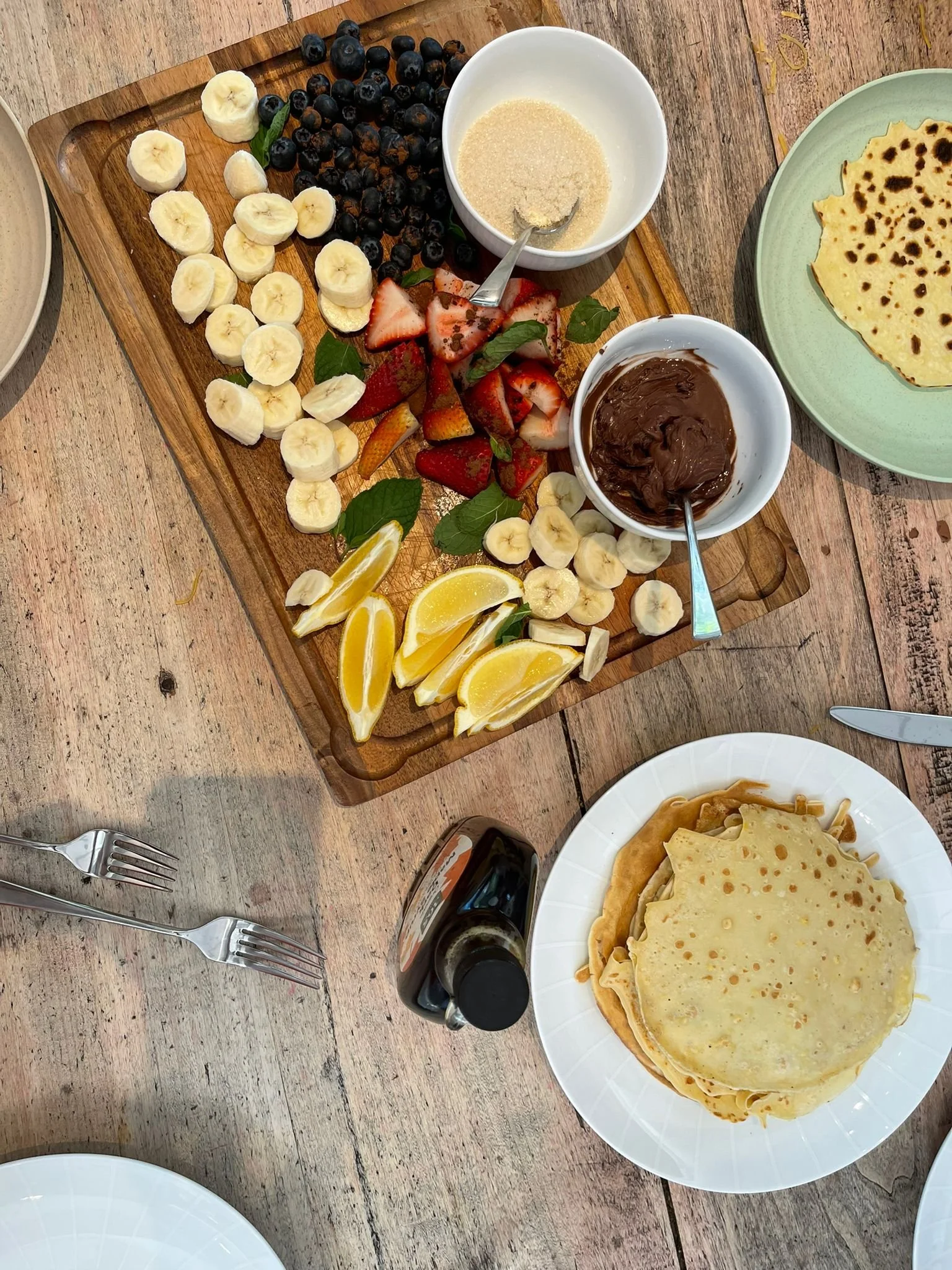Written by Claire Burgess, Family Consultant. One of the questions we get asked a lot by parents and carers who have started potty training, is how to manage this when you want to go out. Understandably there is a huge fear of accidents galore and lots of poo and wee to contend with as a result! However, with some careful planning you don’t need to feel you can’t go out when potty training. Our tips should help…
Read MoreCategories
ALL | Babies | Behaviour | Bereavement | Co-Parenting | Food and weaning | Getting to know | Grandparents | Health | Lockdown | Nursery | Other | Play | Routines | School | Separation anxiety | Siblings | Sleep | Teething | Toilet Training | Transitions | Travel | Tweens and Teens | Twins
You can also check out all of our practical videos on our YouTube Channel here - these include nappy changing, making up a bottle, topping and tailing and so much more!
Written by Claire Burgess, Family Consultant. Childcare is usually at the top of any parent’s mind whether they just need someone to have the children for them to go to an appointment or if it is more permanent for them to go back to work. This is often where grandparents come in. They might offer to help or you might find yourself in the position where you ask them - either way there are a few things to consider when thinking about using grandparents (or indeed friends / other relatives) for childcare.
Read MoreWritten by Kate Burgess, Speech and Language Therapist. Language and Communication development in children is a phenomenal process. Babies go from having an instinctive, reactive cry to being able to use hundreds of words in short phrases by the time they are three years old. And it continues to grow and develop well into primary school and beyond.
For some children, this process happens smoothly without parents and carers feeling like they’re doing anything ‘extra’ or ‘special’. Just chatting along to your child, reading books, singing songs and hey presto! Language is developing.
Read MoreWritten by Holly Howard, Founder of Nanny Cooks. Having nannied across the world, I have supported young ones from babies who are weaning all the way up to 12 year old children. I have come across a fair few fussy eaters along the way. This has allowed me to create a bank of resources to help deal with the challenges of fussy eaters and test tricks to help prevent it.
Written by Claire Burgess, Family Consultant. Are you finding that you are asking your child questions or giving instructions to only be told “no”? Does this make you feel like everything is very hard work? When your child finds their voice and the word ‘no’, this can often create times of frustration and annoyance both from the child and from the adult receiving this response!
‘No’ is a very powerful word - it can often really stop us in our tracks. Our children see this and then use the word in order to fully understand its meaning. Our children very quickly realise the power that the word ‘no’ has and use this to assert themselves and their thoughts and feelings.
Read MoreWritten by Claire Burgess, Family Consultant. The first and most important thing to say here is that preparation is key! Think ahead and have a plan of the weeks that you are looking to cover with childcare. Having a calendar is essential to provide a visual outline to see when and where you will need cover and have it available either online or somewhere visible for all family members to be able to refer to it if needed!
Read MoreWritten by Claire Burgess, Family Consultant. This family came to us for a 1:1 parent consultation because sleep deprivation from their 7 month old not sleeping was affecting the whole family. Dad was in the spare room to make sure they weren’t both exhausted all day, their older child wasn’t getting the attention they wanted to give her, mum was exhausted and dreading naps and night-time and little one was grumpy and fractious.
Read MoreWritten by Claire Burgess, Family Consultant. This family approached us as they felt that they had tried everything and needed some support. They were particularly concerned about their little one starting school and having toileting issues.
Read MoreWritten by Katie Crouch, Senior Lecturer, Researcher and Consultant in the Early Years. Due to Covid and subsequent home-schooling, we have all become aware of the pressures faced by families when trying to support learning in the home. Now that schooling and home learning are becoming separate entities again, we look at how we can build healthy routines and home learning habits.
How can we as adults help our children to develop a love of learning outside of the school environment? In fact, the learning which takes place outside of the school can often hold a deeper sense of meaning and understanding for many of our children and this leads to question why this could be the case?
In my experience, it is down to just a couple of simple factors;
Learning away from school can have fewer boundaries, such as time constraints.
Children are also more likely to feel emotionally safer with their significant adults and fewer opportunities for self-comparison with peers.
In this blog I will look at how we can maximise children’s learning potential within these circumstances.
Read More









